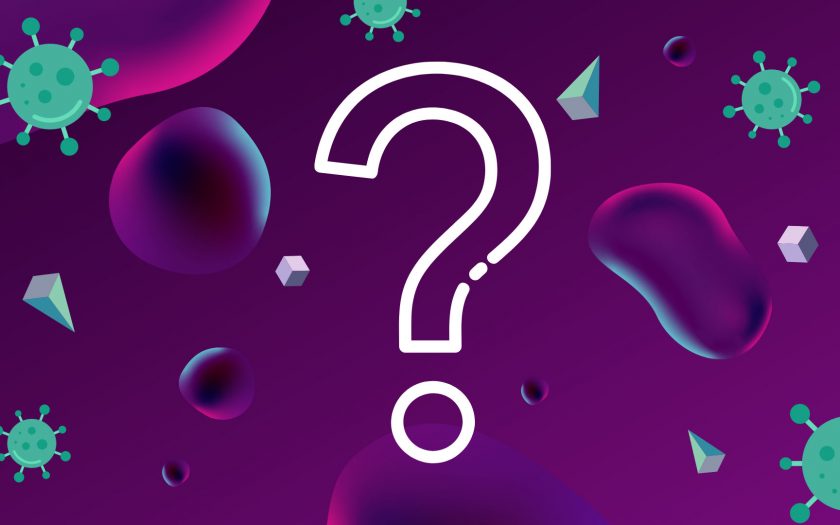Geestelijke gezondheid omvat een adequate perceptie van de werkelijkheid, het vermogen om anderen adequaat te behandelen, en een goed zelfbeeld en zelfrespect.
De geestelijke gezondheid kan door vele factoren worden beïnvloed, waaronder stressvolle situaties. Een voorbeeld hiervan is de situatie veroorzaakt door het coronavirus van 2019 (Covid-19), een infectieziekte die het ernstige acute respiratoire syndroom (SARS-CoV-2) veroorzaakt en waarvoor het vaccinatieproces al is begonnen.
Het leven op de planeet is veranderd om het uitbreken van de infectie te weerstaan, mensen hebben hun toevlucht genomen tot radicale strategieën om de verspreiding ervan te voorkomen.
Gevolgen van Covid-19
The pandemic affected all areas of human life. Its main consequences are:
- Health problems.
- Quarantine and obligation to stay at home.
- Social distance, the obligation to adhere to physical distance and restrictions on social activity.
- Isolation, prohibition of social contacts.
- Destabilization of the economy.
- Changing working conditions: from fatigue to unemployment.
- Transfer of superfluous information, sometimes fake.
Effects of Covid-19 on mental health:
- Increased prevalence of mental disorders.
- Increased severity of mental disorders. For example, increased levels of anxiety, symptoms of post-traumatic stress disorder and increased illusions and hallucinations.
- Anxiety and fear for the well-being of themselves and their loved ones.
- Panic.
- Anxiety and fear of financial losses.
- Stress and insecurity of life in a long uncertain situation.
- Frustration and anger over irresponsible behavior of other people.
- Feelings of loneliness due to social distancing.
- Increased consumption of psychoactive substances, especially alcohol.
- Psychological discomfort: hopelessness, anger, irritability, confusion, grief, exhaustion, boredom, increased alertness, fatigue.
- Sleep disorders.
- Changes in appetite.
- Emotional overexcitation.
- Increased risk of suicide, because suicidal thoughts and behavior are associated with hopelessness and loneliness.
- Guilt if you infected someone.
The negative psychological impact of Covid-19 is stronger in the most vulnerable segments of the population, both through biological and social conditions. For example, these are people like homeless people without technological resources, people without social support, people who are in a dangerous situation. The consequences also depend on a person’s mental, social and physical resources to overcome crises.
How to take care of mental and emotional health during a Covid-19 pandemic?
Stress and anxiety are normal reactions to threatening situations. To combat this global pandemic, mental health associations and institutions have made some recommendations:
- Healthcare workers need to be trained, to update their knowledge in the field of mental health.
- If you are not a doctor, learn to control your emotions.
- If you notice signs of depression, see your doctor and take antidepressants, such as Apo-Clomipramine and Aropax.

